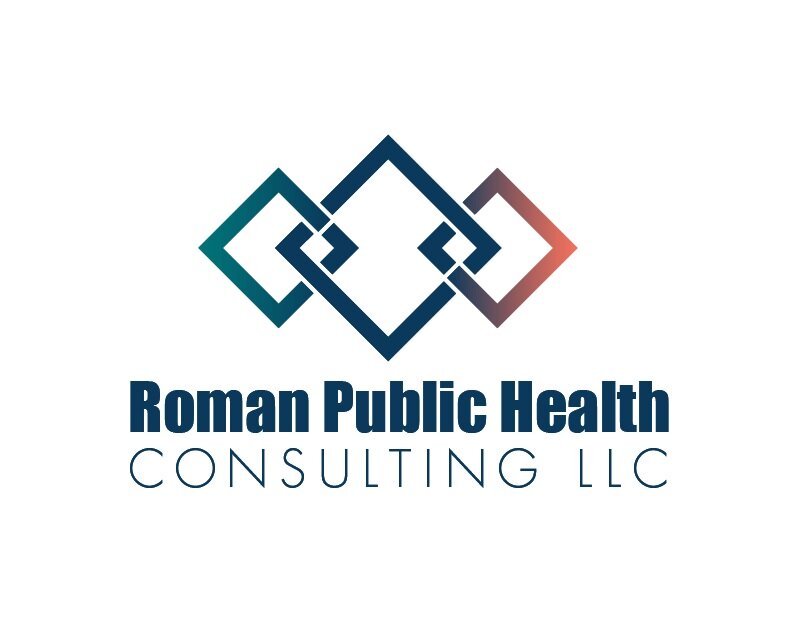Public Health Consulting: How Much Should I Charge?
This is one of the most asked questions I receive about public health consulting. People want an easy answer. A concrete answer. Unfortunately, there is not an easy or concrete answer that is the same for everyone. However, I can lay out important considerations so that you can calculate the right answer for you.
Consideration #1: Your Business Expenses
It’s easy to think that because you are (often) working from home as a consultant, your expenses are minimal or nonexistent. So you think that if you charge $50 or $75 or $100 per hour, all of that goes in your pocket. Sounds great, right?
Not true! Even if you work from home, you can have considerable expenses (e.g., equipment, professional liability insurance, health insurance, professional development activities, and let’s not forget the importance of saving some of that income to pay your taxes). So make a list of all the expenses you will have monthly/yearly and include them in your calculations. If you visit my January 21st blog post and scroll down towards the end, you will be able to download my FREE RESOURCE “EXPECTING EXPENSES” which outlines common expenses for consultants.
Consideration #2: Hourly vs. Project-Based Fees
This is a hot topic in the consulting world, and I know consultants that have found success using both of these pricing strategies. However, I will say that I am seeing a trend of more consultants moving away from hourly billing.
Here are some of the concerns about hourly:
It can give your client relationship more of an “employer/employee” vibe.
I.e., you are being brought in as an extra set of hands to work X number of hours instead of being brought in to solve a problem.
It can open you up to being micromanaged by your client.
I.e., After reviewing your invoice with hours worked, they think you are working more slowly than they expected.
You can be penalized as you get better and faster at your consulting work.
E.g., When you first started your business, X type of project took 20 hours. Now that you have more experience and have developed templates/systems for this type of project, it only takes you 10 hours. Is it fair that you earn less because you are more knowledgeable and efficient?
With a move towards a project-based fee (i.e., charging a flat fee for a specific service), here are some of the potential benefits:
Client payment is exchanged for specific deliverables vs. hours worked.
I.e., your clients are paying you to solve a specific problem or create a specific deliverable (e.g., grant proposal or revamped website) without a focus on the number of hours worked.
You are not penalized as you get better and faster at your consulting work.
Clients stay on budget
I.e., if you are billing hourly, you can easily go above the estimated number of hours- but if you charge a flat fee, clients know exactly how much they will be paying.
Of course, project-based or flat fee billing can have its challenges as well. For example, if you built a flat fee thinking the project would take you 20 hours and it ended up taking you 40 hours, you could end up with a very small or nonexistent profit due to that miscalculation.
I recommend getting into the habit of tracking your time (no matter how you bill) so that you can get a really good sense of how long certain types of tasks and projects take…it will help you with time and fee estimates going forward.
Consideration #3: One Size Does Not Fit All
It is not unusual for consultants to use a variety of pricing strategies depending on the client and/or type of service. For example, a consultant may have a fixed price for their signature training programs, but offer an hourly billing option for projects that have a less defined deliverable at the start of work with clients.
No matter what your pricing strategy, make sure that your contract includes an outline of the invoice and payment schedule. Be sure to have a clear and specific scope of work that outlines what tasks and deliverables are included in your fees (and what are not). That way, if the client wants you to take on more work than originally discussed, you are able to refer them to the scope of work to negotiate additional compensation for additional work.
More Pricing Resources
If you’d like to learn more about the movement away from hourly billing, definitely check out the Ditching Hourly podcast.
Dr. Gail Barrington is a long-time evaluation consultant and educator of aspiring evaluation consultants. Her blog is a wealth of information. I specifically recommend this post on calculating daily rates.
I’d love to hear from other public health consultants reading this post. Do you charge hourly or project-based fees? Or some combination of the two? What do you see as the pros and cons of different strategies?

